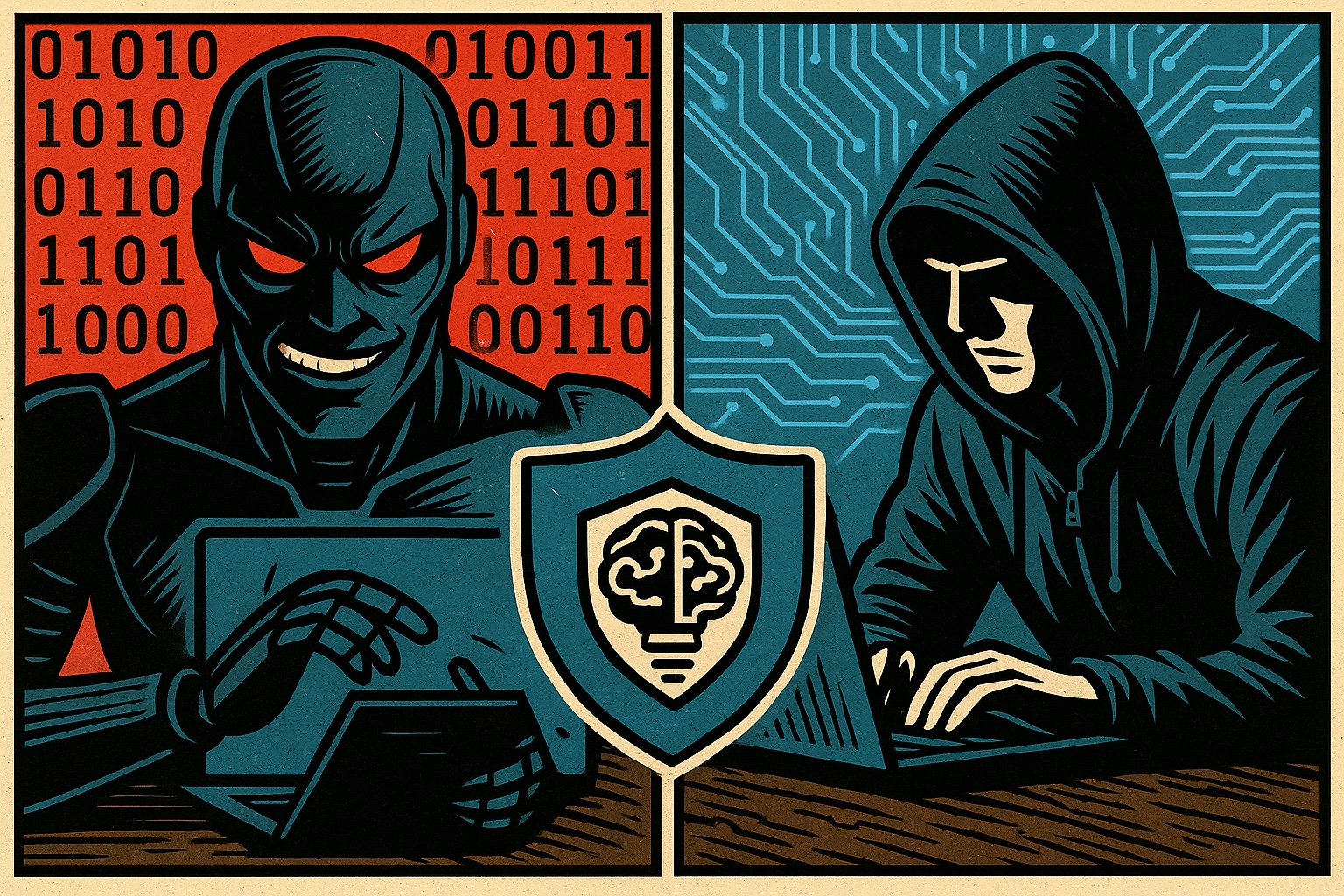Today e’re diving into three developing stories that highlight the growing pains of our digital age. We’re seeing technology weaponized in new ways, from AI-powered scams to the unintended consequences of privacy legislation and the evolution of cyber espionage. These aren’t just headlines; they’re signals of a shifting landscape where trust and security are more critical than ever.
The New Face of Fraud: AI-Generated Evidence
In a story that feels ripped from a sci-fi script, an Airbnb host was accused of using AI-generated images to support a bogus $9,000 damage claim against a guest. While Airbnb initially sided with the host, they later reversed the decision after the guest convincingly argued the images were fake. This incident is a critical wake-up call. It demonstrates how easily generative AI can be used to create ‘evidence’ for fraudulent claims, undermining trust in digital proof. As this technology becomes more accessible, we can expect to see it used in everything from insurance scams to legal disputes, forcing us to question the authenticity of the digital information we see.
The Online Safety Act: A Privacy Nightmare Unfolds
The UK’s Online Safety Act was passed with the stated goal of making the internet safer, particularly for children. However, as critics long warned, it’s quickly revealing itself to be a significant threat to personal privacy. The legislation gives regulators broad powers that could compel tech companies to scan private messages and undermine end-to-end encryption. This development is a classic example of the security-versus-privacy dilemma. By creating tools to monitor for harmful content, the Act potentially weakens the security infrastructure for all users, making private communications vulnerable to bad actors and state surveillance. It serves as a cautionary tale for other governments considering similar ‘safety’ bills.
The Enemy Inside the Gates: Nation-State Hackers in Your Slack Channel
A new report from cybersecurity firm CrowdStrike reveals a chilling evolution in cyber warfare: North Korean spies are successfully infiltrating hundreds of companies by posing as remote IT workers. These agents pass interviews and get hired, then use their insider access to steal data and intellectual property. This represents a major shift in the threat model for businesses. The danger isn’t just an external phishing attempt; it’s a credentialed employee working from within your own systems. With the rise of remote work, this tactic highlights the urgent need for more sophisticated vetting processes and internal security monitoring to detect and neutralize these advanced persistent threats.
The common thread this week is the erosion of digital trust. We can no longer implicitly trust what we see, the privacy of our conversations, or even the identity of our remote colleagues. These challenges demand a new level of digital literacy from the public and more robust, intelligent security frameworks from the industry. Navigating this landscape requires vigilance and a healthy dose of skepticism.

